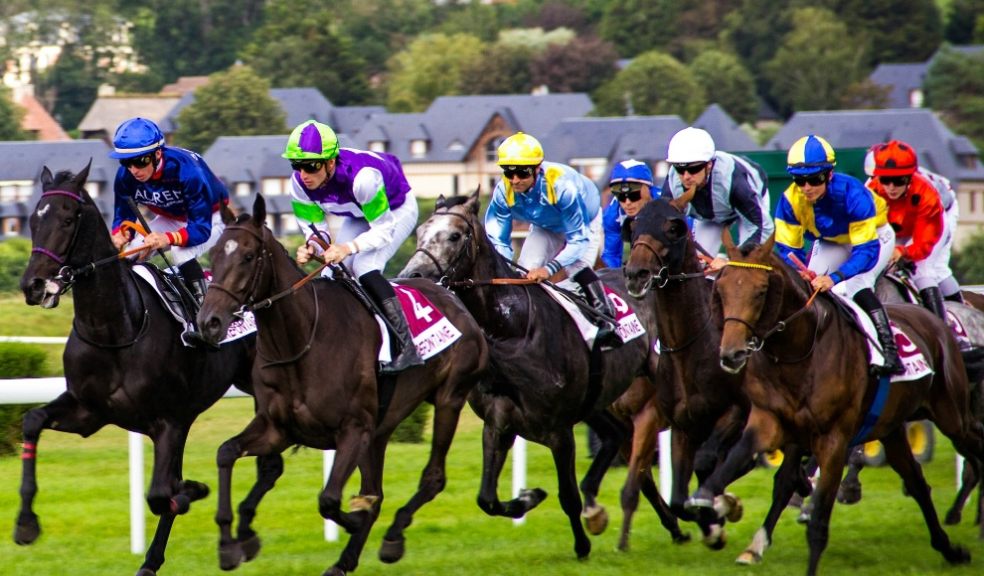
Exploring the Economics Behind Horse Racing Success
Horse racing, often hailed as the "Sport of Kings," is much more than an exhilarating pastime for enthusiasts. Beneath the excitement of thundering hooves and photo finishes lies a complex economic ecosystem that significantly impacts local and global economies. From breeding and training to betting and broadcasting, horse racing is a multifaceted industry that fuels livelihoods, generates substantial revenue, and drives innovation. What are the key economic components that underpin this iconic sport?
The Role of Breeding in Horse Racing
At the heart of the horse racing economy is the breeding industry, where the pursuit of equine excellence begins. Breeders meticulously select stallions and mares based on their bloodlines, aiming to produce future champions. For example, stud fees for elite stallions often soar into millions of pounds, reflecting the high stakes involved in creating a racehorse capable of commanding impressive bids at yearling sales.
Economic Impact: Breeding farms are vital to rural economies, creating jobs for veterinarians, farm workers, and other specialists. Additionally, local businesses supplying goods and services to these farms benefit from the industry’s demands. The sale of yearlings, particularly those with strong pedigrees, attracts international buyers, injecting foreign investment into the economy.
The Betting Industry: Horse Racing Tips Today and Every Day
Betting is inseparably linked to horse racing, making it one of the sport’s primary revenue drivers. Enthusiasts searching for horse racing tips today or wagering on upcoming events fuel a vast betting ecosystem, including bookmakers, online platforms, and racetrack operations. With billions wagered annually, horse racing is a cornerstone of the gambling industry.
Economic Impact: A portion of every wager, known as the "takeout," directly funds the sport. This income is crucial for financing race purses, maintaining racetrack facilities, and supporting regulatory bodies. Beyond the racing industry, governments also benefit from taxes on betting revenue, further solidifying horse racing’s economic importance.
Training and Maintenance: The Cost of Preparation
Once bred, racehorses embark on their journey to becoming competitors. This stage requires a significant financial commitment. Trainers, veterinarians, farriers, and other equine professionals work tirelessly to prepare horses for the racetrack. The annual cost of training a single racehorse can cost thousands of pounds, depending on the quality of care, competition level, and location.
Economic Impact: This sector underpins a vast network of jobs and services, supporting feed suppliers, equipment manufacturers, and equine healthcare providers. For many rural areas, the industry offers a lifeline, ensuring that local communities thrive economically.
The Racing Circuit: Hosting Spectacles That Drive Local Economies
The racing circuit itself forms the beating heart of the sport. Thousands of races take place annually across the globe, with marquee events like the Cheltenham Festival or the Grand National drawing massive crowds. These events are more than just sporting spectacles; they are economic powerhouses. Ticket sales, sponsorship deals, and broadcasting rights all generate substantial revenue.
Economic Impact: Major race days provide a financial boost to local economies, especially in the hospitality and tourism sectors. Hotels, restaurants, and transport providers see increased demand during these events. Additionally, the international visibility of prominent races enhances the sport’s reputation and attracts further investment.
Broadcasting and Media Rights: Extending Horse Racing’s Global Reach
Media coverage has transformed horse racing into a truly global phenomenon. Broadcasting rights for races are sold to television networks and online streaming platforms, ensuring the sport reaches audiences far beyond the racecourse. High-profile races command premium advertising rates, as they appeal to a broad and affluent audience.
Economic Impact: Revenue from media rights contributes significantly to the racing industry’s sustainability. The exposure not only elevates the profile of specific events but also attracts sponsors from diverse sectors, including luxury brands and financial services.
Syndication and Ownership: Making the Sport Accessible
Owning a racehorse is no longer an exclusive pursuit of the elite. Due to syndication, multiple investors can share ownership of a horse, spreading both costs and risks. Syndicates typically cover expenses such as purchasing, training, and maintenance, making ownership accessible to a broader audience.
Economic Impact: Syndication has democratized horse ownership, drawing new participants into the sport and ensuring continued demand for horses. This model also provides financial stability for breeders and trainers, safeguarding jobs and maintaining the flow of capital throughout the industry.
Challenges Facing Horse Racing
Despite its many economic benefits, horse racing faces significant challenges that threaten its long-term viability. Declining attendance at racetracks, driven by competition from other entertainment options and digital betting platforms, poses a growing concern. Additionally, ethical debates surrounding animal welfare have intensified, prompting calls for stricter regulations.
The industry’s reliance on betting revenue also makes it vulnerable to shifting gambling habits and regulatory changes. For example, tighter restrictions on advertising or higher taxes could impact revenue streams. Internationally, the sport must innovate to compete with emerging markets and maintain its global appeal.
The Road Ahead
Horse racing’s economic contributions cannot be overstated. From supporting rural communities to generating billions in revenue, the sport remains a powerful force in the global economy. However, addressing challenges such as declining attendance and welfare concerns will be essential to securing its future. By embracing innovation and maintaining its integrity, horse racing can continue to thrive as both a sporting and economic spectacle.













